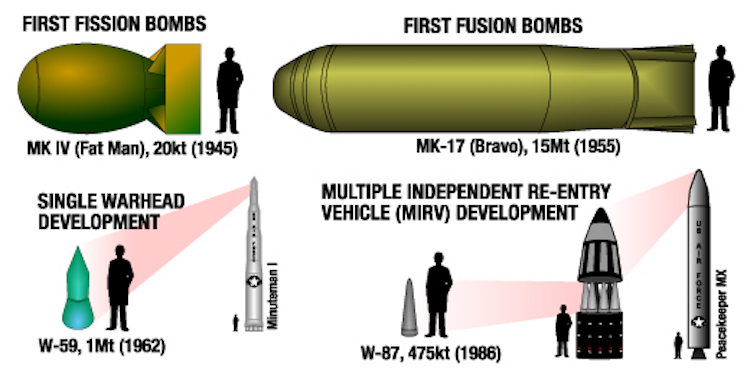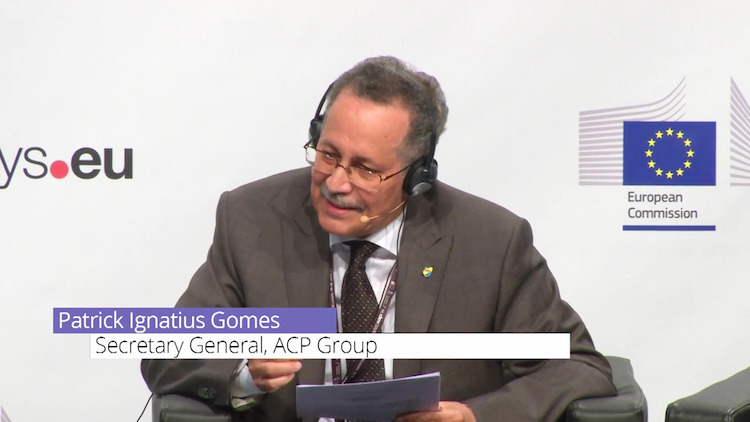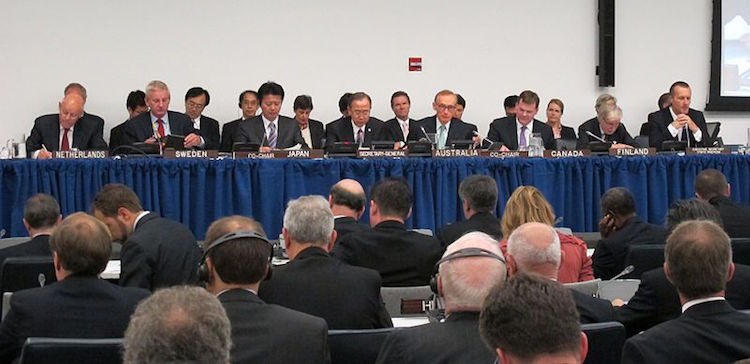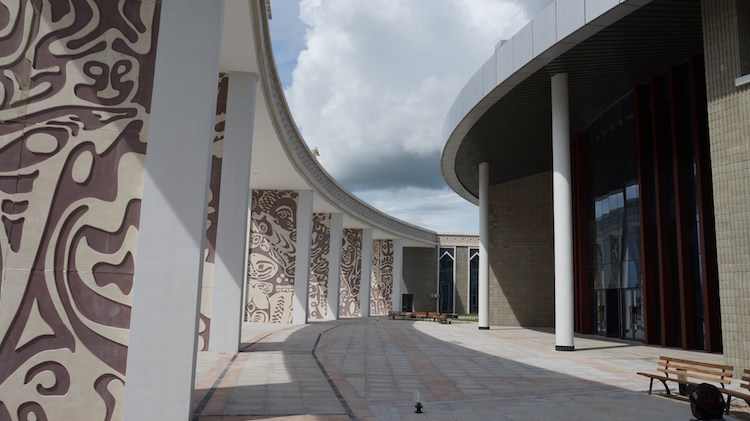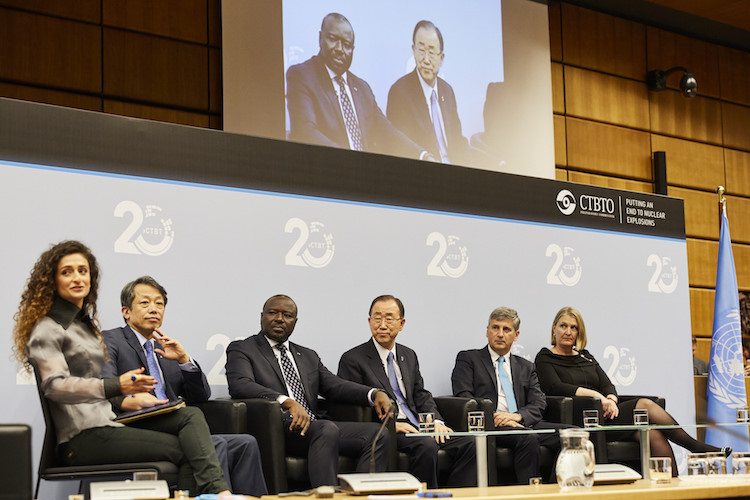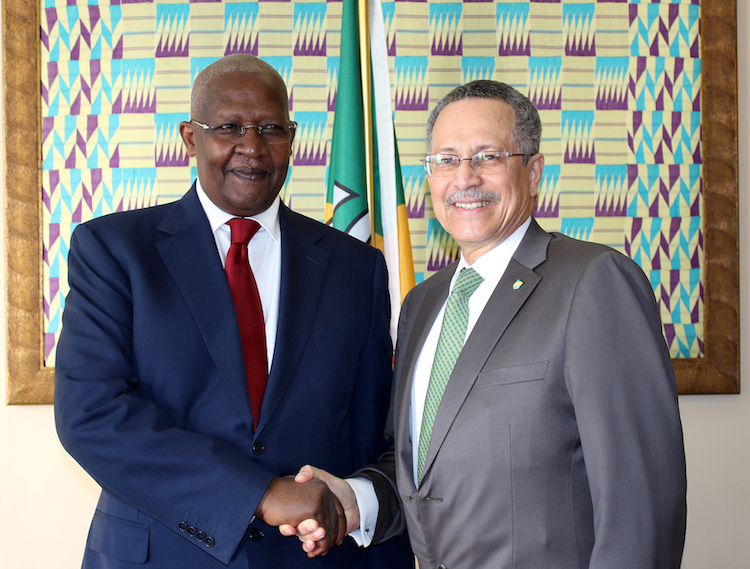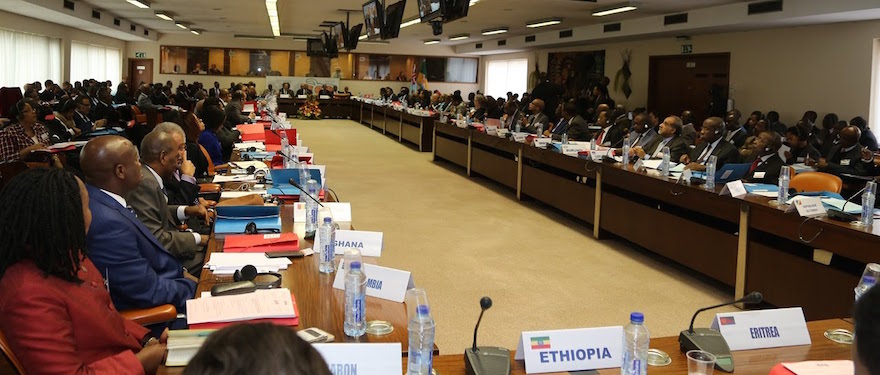Viewpoint by Brenna Gautam
 Note: Brenna Gautam, a J.D. Candidate at Georgetown University Law Center, is a member of the CTBTO Youth Group. This article appears in cooperation with the Comprehensive Nuclear-Test-Ban Treaty Organization (CTBTO), as part of the initiative ‘Youth for CTBTO’. The views expressed are those of the author and do not necessarily reflect those of the CTBTO. – Editor
Note: Brenna Gautam, a J.D. Candidate at Georgetown University Law Center, is a member of the CTBTO Youth Group. This article appears in cooperation with the Comprehensive Nuclear-Test-Ban Treaty Organization (CTBTO), as part of the initiative ‘Youth for CTBTO’. The views expressed are those of the author and do not necessarily reflect those of the CTBTO. – Editor
WASHINGTON, D.C. (IDN) – “It would be wonderful, a dream would be that no country would have nukes,” President Donald Trump announced, “but if countries are going to have nukes, we’re going to be at the top of the pack.”
The announcement can be neatly split in two. The first, wistful for nuclear disarmament, falls in line with the history of Republican successes in arms reductions: while Democrats since Kennedy have frequently proposed reductions, it has been Republican administrations that ultimately put these into effect.

